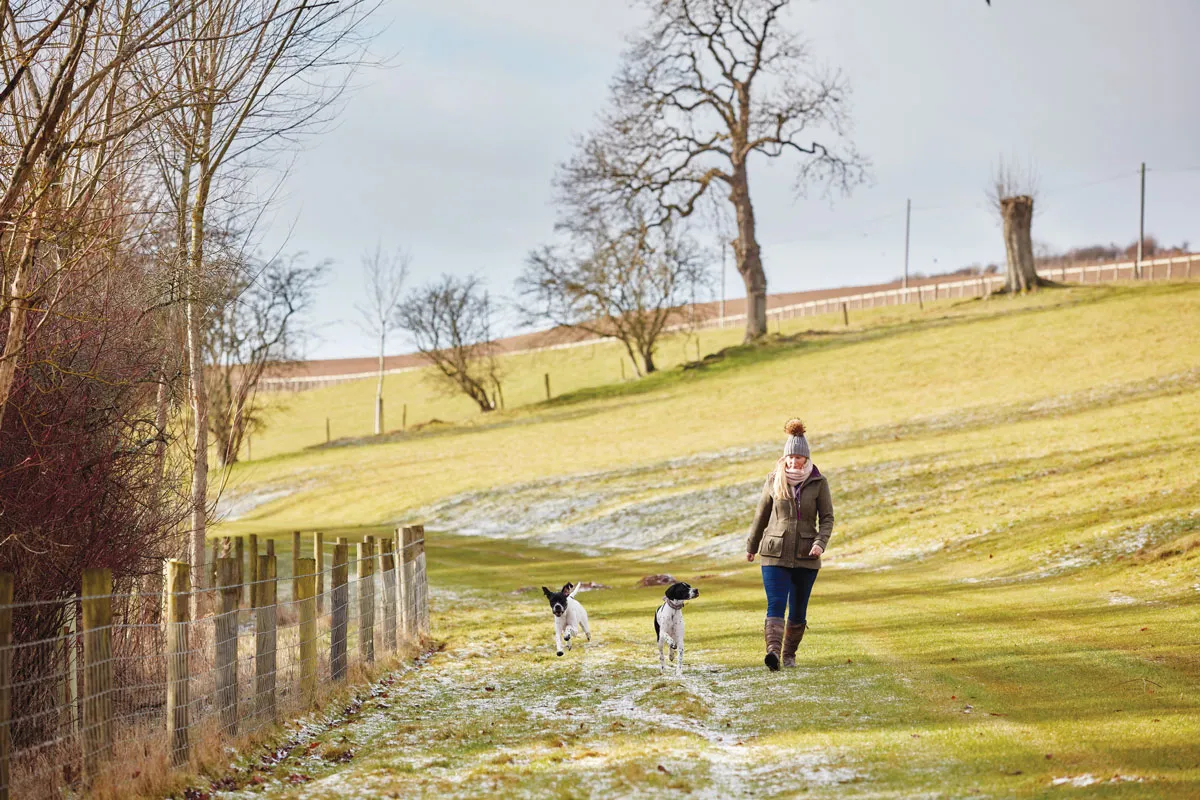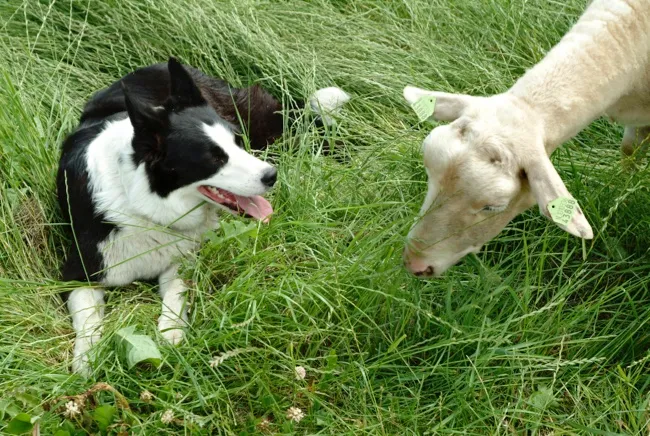Our expert guide explains what Neosporosis is, symptoms, treatment and how to reduce infection risk in your dog.
What is Neosporosis?
Neosporosis is the infectious disease of animals caused by the Neospora caninum parasite.
Neosporosis is dangerous to dogs, causing illness in adult dogs and death in young puppies. Dogs can become infected with Neospora after eating the afterbirth of an infected cow, and the eggs shed in their faeces and left in fields are infectious for up to six months. Cattle then consume these eggs in pasture land or in feed and water.
Does Neosporosis affect cattle?
While dog faeces left in farmer's fields isn't just unpleasant - the diseases they carry can also pose a serious risk to livestock and other dogs.
A report by FAI farms has revealed that the disease is the most commonly diagnosed cause of abortion in cattle in the UK, with 17% of dairy cattle demonstrating exposure to the parasite in England and 90% of dairy herds in the south-west of England showing evidence of previous infection.
Laura Higham, veterinary surgeon at FAI farms, said: "Neosporosis is an infectious disease of cattle caused by a parasite transmitted in dog faeces, and is the most commonly diagnosed cause of abortion in cattle in the UK.
"At FAI, around 5% of our cattle aborted this year due to neosporosis. The disease is estimated by DairyCo to cost the average herd £3000 per year due to abortions, reduced milk yields and poor fertility, presenting a significant constraint to sustainable cattle production in the UK."
Neosporosis symptoms
Most commonly seen in puppies and younger dogs, symptoms of Neosporosis can include difficulty in breathing, muscle atrophy, paralysis, and swallowing problems in severe cases which can be fatal.

What is the treatment for Neosporosis in dogs?
Fortunately, Neosporosis is fairly rare in older dogs with younger dogs and puppies most likely to be infected. The sooner a diagnosis is made the better prognosis for the dog. Treatment involved a course of specific medication for a period of at least eight weeks.

How to reduce the risk of Neosporosis
1. Do not allow dogs to eat fallen stock, after-birth or birth fluids from livestock.
2. Always collect and remove your dogs’ faeces during walks.
3. Regularly worm your dog with a suitable treatment as recommended by your vet.
4. Farmers should promptly and hygienically dispose of fallen stock and after-birth materials, and should keep livestock feed covered and locked away to prevent access by dogs, other pets and wildlife.